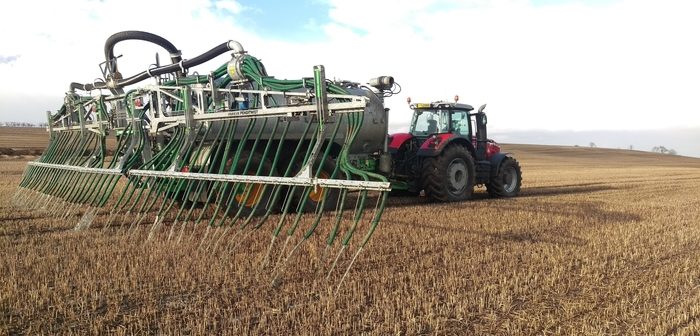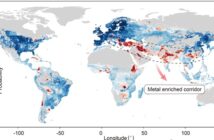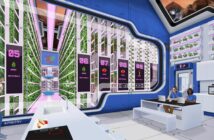A new project that enables farmers to optimise the use of livestock manure and nutrients while reducing costs and environmental impact is underway following a collaboration of industry experts.
The project, called ‘Nutrient Utilisation and Recovery through Supercritical Extraction’, or NURSE, is led by collaborators including Kairos Carbon Limited. Cranfield University, Royal Agricultural University and the UK Agri-Tech Centre and is part of Defra’s Farming Innovation Programme, delivered in partnership with Innovate UK.
It aims to develop an advanced hydrothermal technology to process livestock wastes to recover the valuable nutrients they contain, while separating the carbon for permanent sequestration. It is hoped this process can profitably achieve UK-wide coverage of livestock waste sources.
The UK produces approximately 140 million tonnes of livestock waste annually, most of which is spread on farmland.
The work of the project will help to reduce emissions by stripping out any carbon before fertiliser is applied to the land.
Less than 50% of applied nutrients, such as phosphorus, are taken up by crops when livestock waste is spread on land.
Meanwhile, farmers’ fertiliser costs are increasing while fertiliser resources, such as phosphorus, are being depleted.
By formulating non-leaching fertiliser, which enables more of the nutrients to actually be absorbed by plants, the project aims to keep farmers’ costs down and reduce waste of resources.
It is vital that farmers are given new tools to recover and reuse valuable nutrients, whilst also reducing their environmental impacts.
What are the wider impacts?
The technology directly benefits farmers and their impacts through recovering critical materials from livestock waste in condensed form for targeted use as low-leaching, sustainable fertiliser, reducing costs and improving yields.
It also allows for better management and processing of waste, the destruction of organic pollutants and the extraction of carbon for capture and storage, all while being energy-neutral.
These benefits directly meet UK requirements to improve the management of the tonnes of livestock waste produced, most of which is in England.
Kairos’ analysis demonstrates they can profitably achieve UK-wide coverage of livestock waste sources.
Kairos aims to reduce emissions from UK agriculture as well as prevent pollutants and nutrients from entering water sources. It also aims to prevent air pollution from livestock waste and many other sources of agricultural pollution.
In addition, Kairos’ technology will support creation and safeguarding of hundreds of skilled jobs across its supply chain including farming and agronomy, such as protecting rural communities, and chemical engineering, such as fabrication and maintenance.
The technology can expand to additional industries such as sewage sludge, municipal waste and hazardous chemicals, removing more emissions, pollution and making more nutrients available for agriculture.
Megha Raghavan, CEO of Kairos Carbon Limited, said: “It is critical that we find ways to turn wet organic wastes from a problem into a resource.
“This technology has the potential to prevent environmental contamination, fight nutrient depletion and remove billions of tonnes of carbon dioxide from the atmosphere, making it a powerful tool in the fight against climate change.”
Charlie Bowyer, farm technology specialist at the UK Agri-Tech Centre, added: “Manure is an invaluable source of on-farm nutrients in livestock systems, but it is not without its challenges.“Challenges around cost-effective and sustainable manure and slurry storage and point and diffuse air and water pollution are all serious issues facing farms producing manure.
“Furthermore, the east-west arable/livestock divide has led to an asymmetry in the availability of organically-derived nutrients in farming systems.
“Technologies to effectively process manures to eliminate storage issues whilst adding value by concentrating or stripping nutrients are sorely needed and this project takes a step towards developing a fascinating process to achieve just this.”




